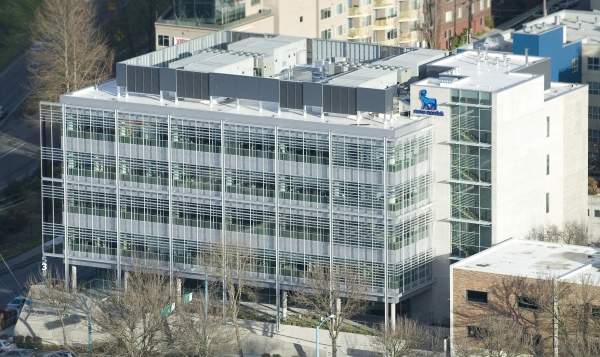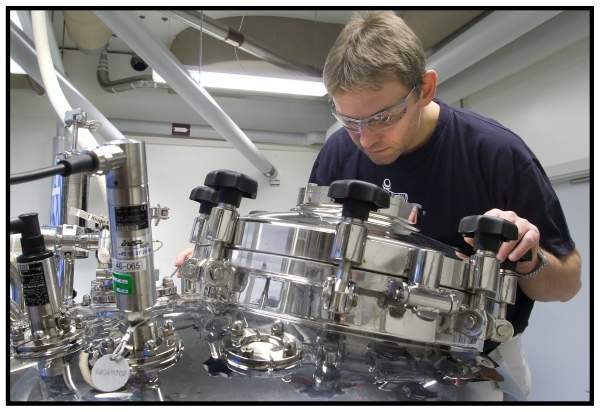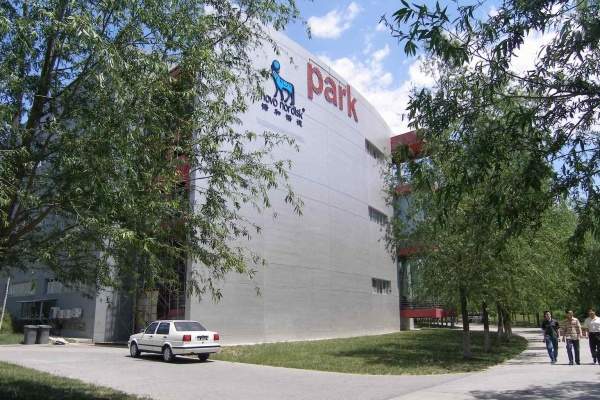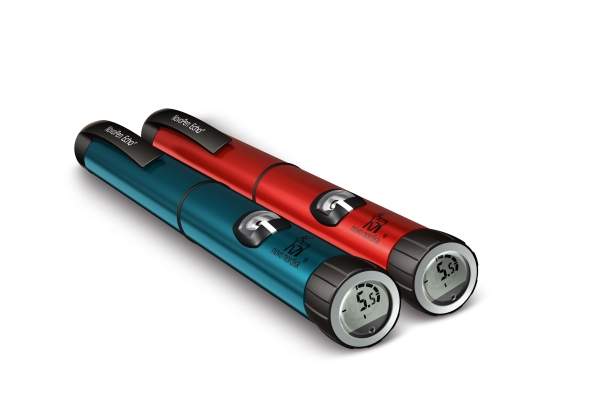The largest city in the north-western United States, Seattle, has become a hub for pharmaceutical research activity with the world’s leading pharmaceutical companies establishing their research and development (R&D) centres there.
Denmark-based Novo Nordisk announced it was to set up a new R&D centre for immunological research in the city in January 2012, more than three years after announcing an inflammation R&D centre in 2008.
The company opened the inflammation research centre in Seattle in September 2009.
The research focus of the new R&D centre, announced in January 2012, is type 1 diabetes.
The company officially opened the facility in June 2012. The research activity at the facility is supported by a team of 20 researchers.
Diabetes research facility project details
Novo Nordisk established the type 1 diabetes R&D centre with the intention of taking the lead in advancing the scientific research in the area to the next level, given the significant rise in type-1 diabetes patients.
Novo Nordisk’s collaborative plans
The type 1 diabetes R&D centre in Seattle is located on the same premises as the inflammation research centre, which was opened in 2009.
The company believes that the collocating of the two research centres brings about synergies in the R&D activities. The existing research centre complements the biopharmaceutical research activities of two of the company’s R&D sites in Denmark and China.
Novo Nordisk’s corporate offices in the US and Denmark support and oversee the activities of the new diabetes R&D centre.
Matthias von Herrath, who heads the research team at the facility, is a scientist specialising in auto-immune diseases.
Phases of research and trials
The R&D centre combines basic research and early proof-of-concept trials on type 1 diabetes under one roof, which is a unique translational approach.
This approach enables the company to speed up the transition of early-stage discovery projects based on animal models to small clinical exploratory trials.
Expansion of research into type-1 immunotherapy
Novo Nordisk has developed many innovative products for the treatment of diabetes.
Most researchers and pharmaceutical companies, including Novo Nordisk, have however focused majorly on developing treatments for type 2 diabetes in the last ten years.
Type 1 diabetes, as a result, lacks major scientific progress.
According to the International Diabetes Federation’s 2011 estimates, 5% to 10% of diabetics worldwide are suffering from type 1 diabetes. The report also estimates that there are 366 million diabetics worldwide.
Novo Nordisk believes the establishment of a dedicated R&D centre for type 1 diabetes research enables it to transform its medical research expertise in immunology to the successful development of life saving treatments for diabetes patients.
Development of type 1 diabetes treatments
Type 1 diabetes is caused by the body’s natural defence system impeding insulin production in an auto-immune reaction. Insulin is a hormone produced by the pancreas.
The hormone controls the glucose level in the blood by causing the body cells to take up the excessive glucose from the blood. This action is essential to regulate the carbohydrate and fat metabolism in the body.
Lack of insulin production in diabetics causes the glucose levels to rise, which causes chronic complications or even death. Diabetics hence need to be injected with insulin to control the blood glucose levels.
The Seattle R&D facility conducts research to discover treatments for type 1 diabetes. It first puts these discoveries to laboratory testing on mice and then conduct human clinical trials.
Novo Nordisk specialises in diabetes research and has 88 years of experience in diabetes care. It produces several diabetes drugs. The company is headquartered in Denmark and has research centres in Måløv (Denmark), Beijing (China) and Seattle (the US).






